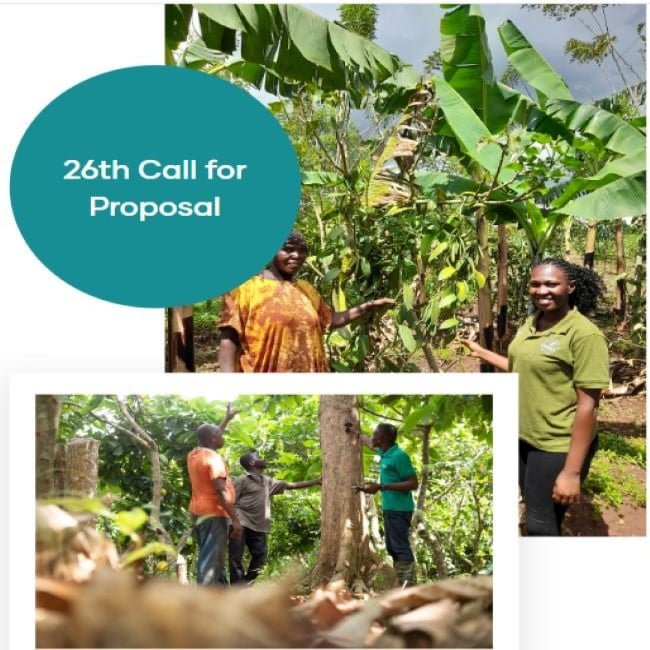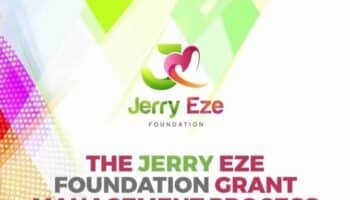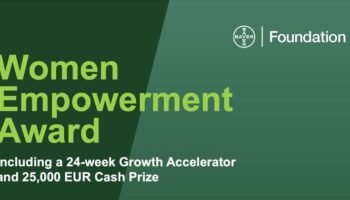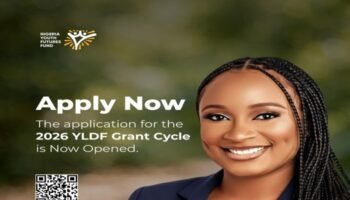The Common Fund for Commodities (CFC) invites applications for financial support from projects that aim to transform commodity value chains and uplift smallholder and SME-based enterprises in CFC member countries.
The CFC provides a variety of financial and technical support options to empower SMEs, cooperatives, International Commodity Bodies (ICBs), and other institutions, particularly those led by or supporting women in agriculture.
Their mission is to alleviate poverty and create sustainable livelihoods in commodity-dependent communities, with a strong emphasis on supporting the poorest and most vulnerable in the global value chains, including in areas of production, processing, financing, marketing, and R&D. Successful applications should demonstrate tangible, sustainable impacts on the lives of low-income populations who depend on commodities, with particular focus on female smallholders and women-led enterprises.
The CFC is committed to ensuring that their resources are available for both the digital and green transitions, ultimately supporting resilient, equitable commodity systems for both the consumers and producers.
Funding Information
- The CFC funds projects with loan and other debt instruments. The maximum amount is USD 1.5 million for regular projects, and up to USD 300,000 under the Fast-Track procedure. However, they show some flexibility when they have projects with higher impacts and good case of finance.
- What is the interest rate for the loans?
- This will be determined depending on the type of project and the risk attached to it.
- CFC offers affordable and competitive financing terms and conditions that are tailored to the risk profile and requirements of the borrower.
- Is there a grace period for the loans?
- For certain projects with the appropriate risk profile, the CFC can offer a grace period on its loans, not exceeding 2 years.
Eligible Projects for Common Fund for Commodities
- The CFC is particularly interested in proposals from Least Developed Countries (LDCs), Landlocked Developing Countries (LLDCs), and Small Island Developing States (SIDS), to maximize poverty alleviation in the developing world. In line with the UN Sustainable Development Goals, they are committed to advancing gender equality, promoting climate action, and supporting resilient economies by closing the economic opportunity gap for women and ensuring that agricultural growth benefits both people and the planet.
- To enable a technology-enabled transformation, they also invite innovative ideas that can drive impactful change within commodity value chains. This may include partnerships in agritech, agroforestry, agro-ecology, regenerative practices, renewable energy solutions, digital agriculture, climate-friendly practices, and advanced traceability (e.g., blockchain) to ensure equitable and transparent value chains.
Eligibility Criteria for Common Fund for Commodities
- All interested SMEs/enterprises/businesses/cooperatives/financial institutions/governments are kindly invited to submit qualifying proposals
- Women entrepreneurs are strongly encouraged to apply, as their success is essential to achieving inclusive, sustainable growth across the commodity sector.
- If the country where your project will operate is a Member State of the CFC, you are eligible to apply for the proposal to be implemented within a Member State.
How to Apply for Common Fund for Commodities
- All interested SMEs/enterprises/businesses/cooperatives/financial institutions/governments are kindly invited to submit qualifying proposals no later than 1 April 2025.
- All applicants are requested to submit the qualifying proposals at – opencall@common-fund.org
Please note that Application form and Balance Sheet/Income Statement may be submitted in ENGLISH ONLY.
For full details, please download the call for proposals application form and the Balance Sheet/Income statement:
Application form (PDF and Word)
General: Balance Sheet and Income Statement (Excel)
Financial Institutions only: Balance Sheet and Income Statement (Excel)
Applications Deadline: 1 April 2025
Elevate Your Business With Our Expert Services!







